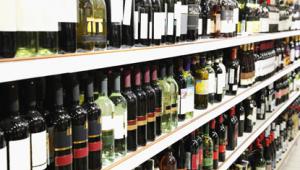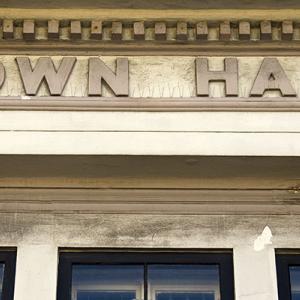MPs have criticised Revenue & Customs for being ‘reluctant’ to prosecute in cases of alcohol duty evasion.
In a report published today, the Public Accounts Committee examined changes to the agency’s alcohol strategy, which was revised in April 2010. It found the new approach recovered £433m of tax in 2010/11, more than the £390m target.Overall, R&C collected £9.5bn of revenue from alcohol excise duties in that year. However, the PAC estimated that there was a tax gap – the difference between duties due and the amount actually collected – of up to £1.2bn every year.
Despite this annual loss, the MPs noted that there had been ‘very few’ prosecutions for alcohol duties fraud. In the four years from 2006/07 to 2009/10, the highest number of prosecutions in any year was 12 and the highest number of defendants was 16.
Most of the potential alcohol duty is lost in a fraud in which organised criminals legally move beer, wine and spirits from the UK to other European Union countries with excise duties unpaid. It is then diverted back into the UK for illegal sale with the duty still unpaid.
Committee member Richard Bacon said R&C ‘seems to be reluctant to prosecute offenders’.
He added: ‘This sends the wrong message to perpetrators and the wider public about the department’s commitment to reducing alcohol duty evasion. It should give more weight to the deterrent impact of pursuing perpetrators through the courts.’
The report, HM Revenue & Customs: renewed alcohol strategy, also called onR&C to better understand the effectiveness of spending to tackle tax evasion. The department did not have good enough information on the returns secured from specific areas of activity, and had been unable to produce an estimate of the tax gap for wine.
Without information on evasion for each alcohol category, it was unable to maximise value for money, the MPs said. Although R&C’s work to reduce fraud had a ratio of approximately £17 of benefit for every £1 spent, it was not clear if more effective targeting of resources could secure an even better return.
Bacon added: ‘HMRC's drive to tackle alcohol duty evasion is being seriously hampered by a lack of information.
‘Alcohol fraud is big business. The department does not, however, have enough reliable information on the returns from tackling different types of alcohol duty evasion.’
Responding to the report, R&C chief executive Lin Homer said that tackling alcohol duty fraud was a priority and the agency would ‘continue to build’ on the revised strategy.
She added: ‘HMRC’s performance in tackling alcohol fraud is measured by the combined impact of both civil and criminal proceedings on alcohol duty evasion – which increased significantly when the strategy was introduced. Prosecutions are a strong deterrent and HMRC continues to investigate cases criminally where this will maximise impact on the fraud.'






















